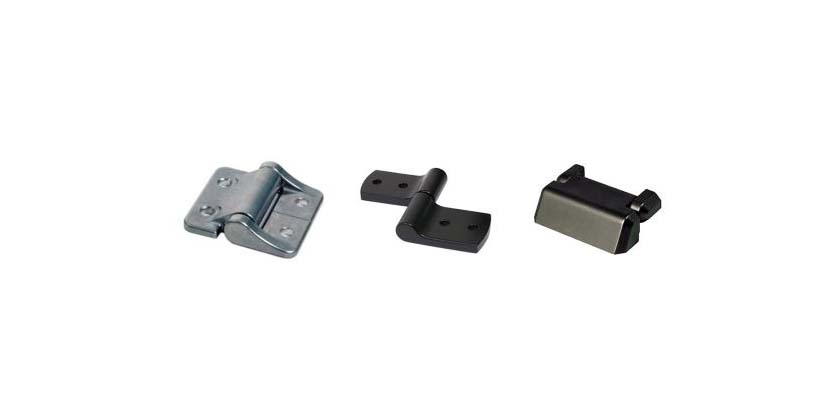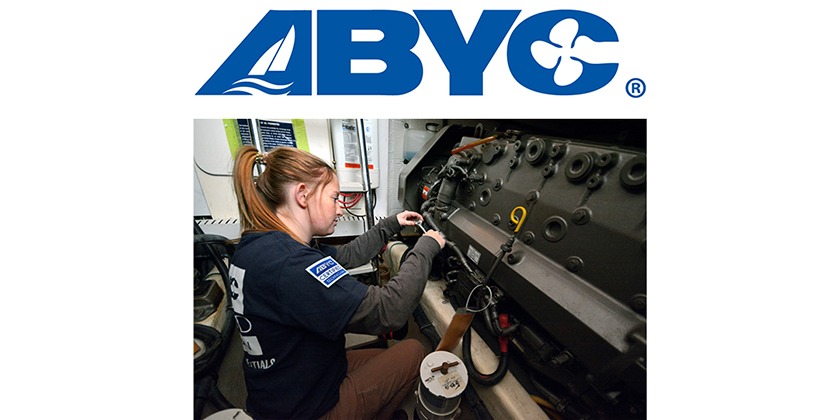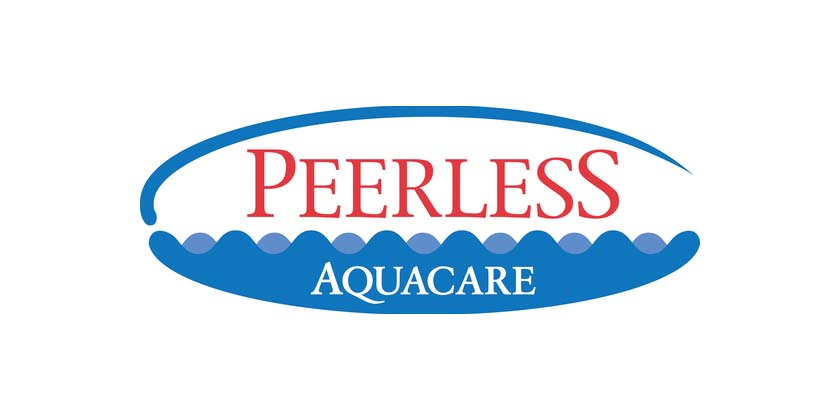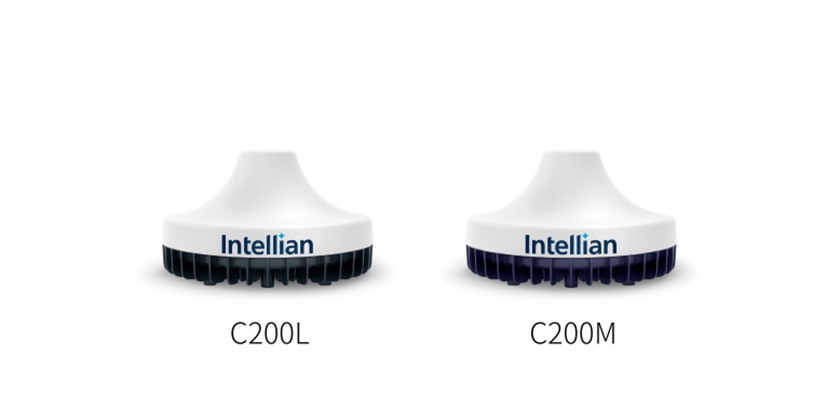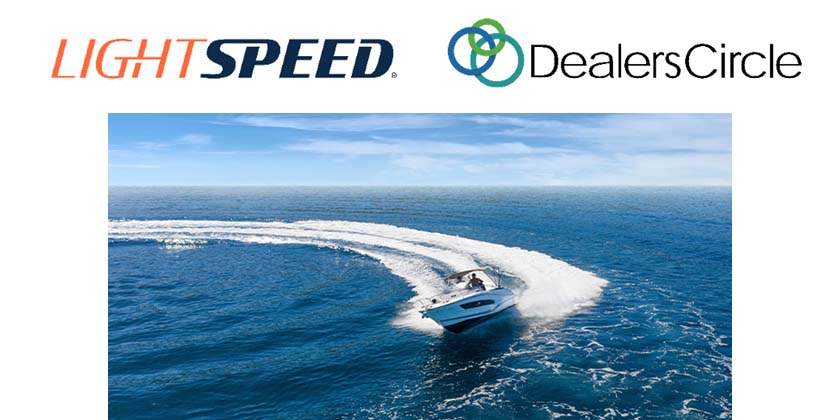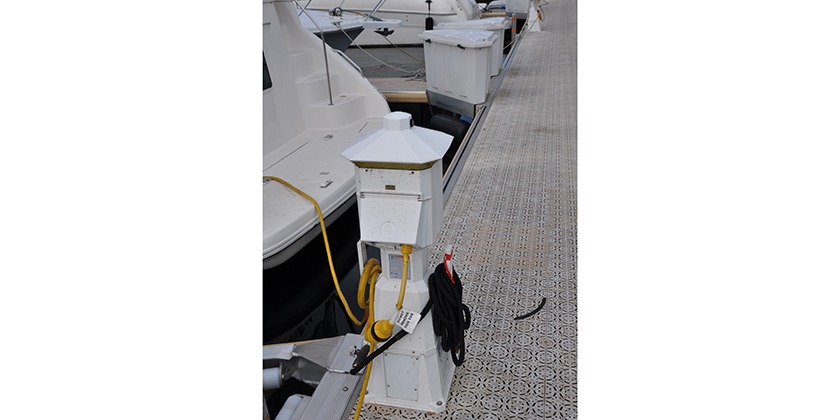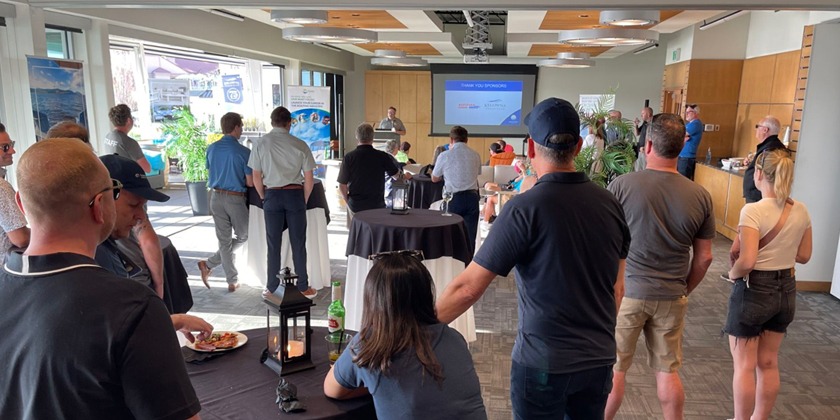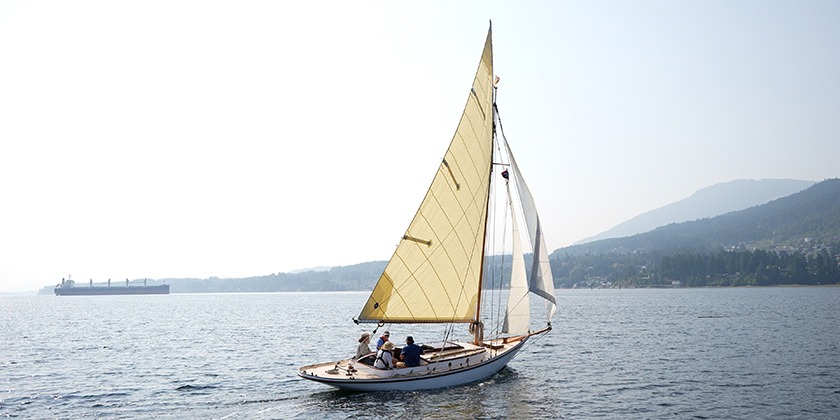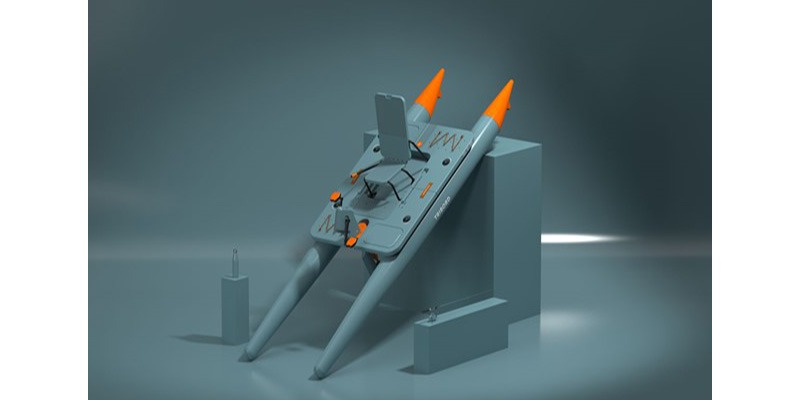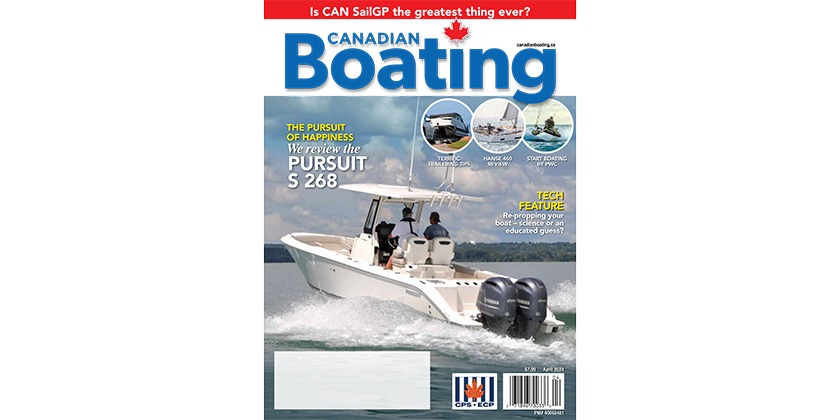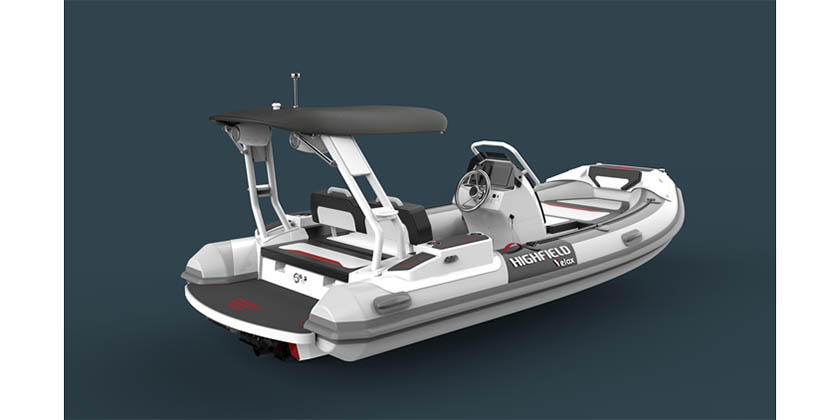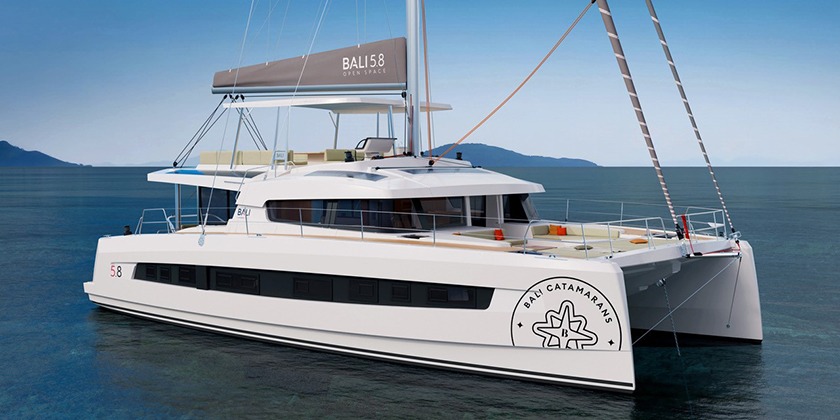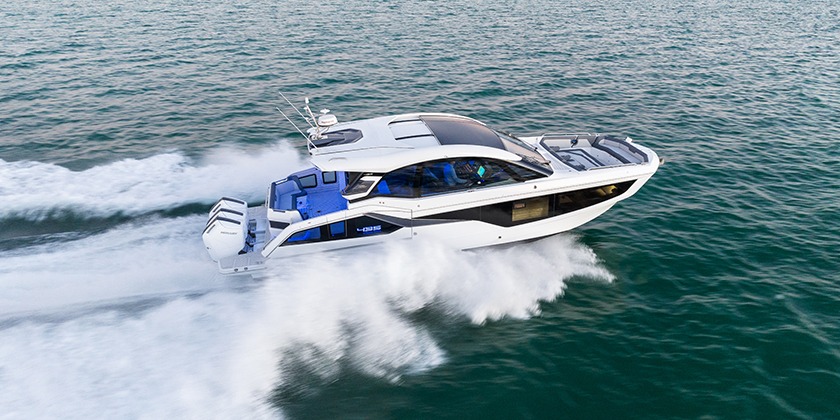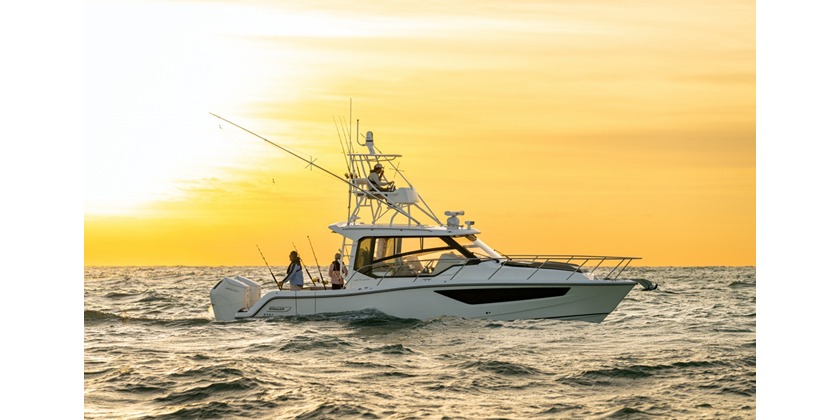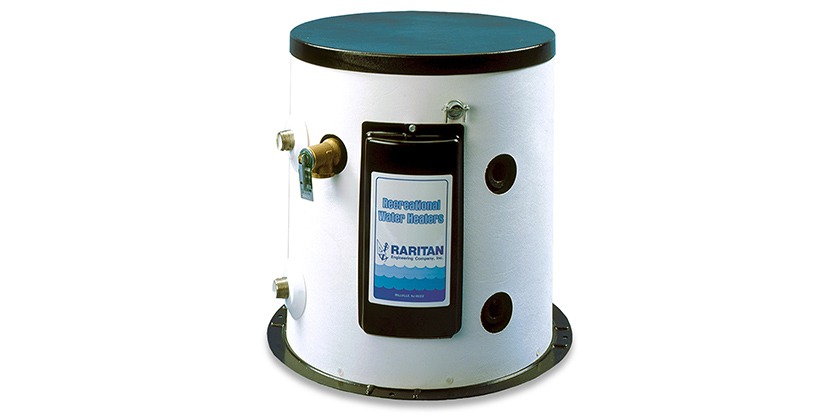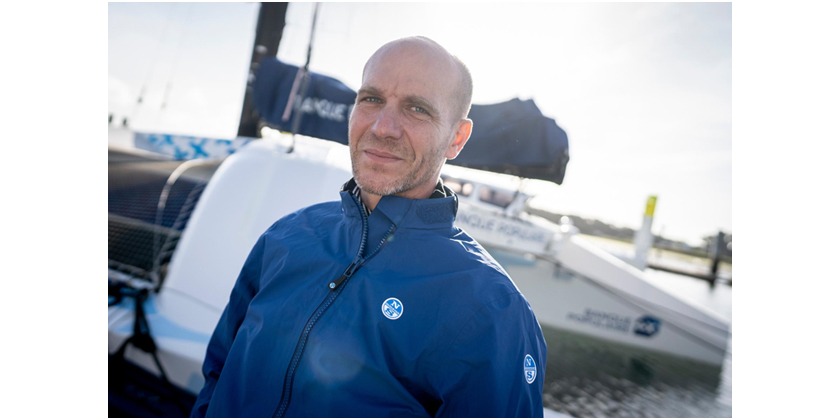BOATING B.C. ATTENDS CANADIAN MARINE ADVISORY COUNCIL (CMAC)

May 1, 2016
Boating BC attended the spring 2016 CMAC meetings in Ottawa, April 19-21. It was their first meeting with the new Liberal government and is always an excellent opportunity to connect with industry partners from across the country and represent BC on issues and regulatory advancements that will impact recreational boating.
Highlights of the week include:
Small Vessel Regulations: Transport Canada is proposing changes to the Small Vessel Regulations that include amendments to pyrotechnic distress signals, safety equipment on Stand Up Paddleboards and Pleasure Craft Licensing. Details regarding these changes can be found here and industry is invited to provide comments directly to Transport Canada to the contacts listed within the document.
Pleasure Craft Licenses: Previously, Transport Canada had communicated plans to reduce the term for pleasure craft licenses from 10 years to five, however, this change has been deferred and, for the time being, PCLs will continue to be valid for 10 years.
Navigation Protection Act (NPA): Transport Canada has initiated a review of the NPA; one of Canada’s oldest piece of legislation, first signed in 1882. The NPA ensures the right to free and unobstructed passage over navigable water and is intended to allow economic development while protecting safe navigation. Between 2009 and 2014 a number of amendments were made to the Act to streamline the process of works, reduce environmental assessments and redefine ‘navigable waterways’. With this review the new Minister has been tasked to review these changes, restore lost protections and incorporate modern safeguards. More information regarding this initiative will be shared as TC reached out to industry for consultation.
Abandoned Boats + Wrecks: The issue of abandoned and derelict vessels is long-standing along the coast of BC and we were very pleased to see it finally gain some traction with Transport Canada. As the number of abandoned vessels grows, the government recognizes the corresponding growth in environmental, safety and economic risk and impact. A draft policy to address this issue is currently in development and Boating BC will be part of the consultation process.

